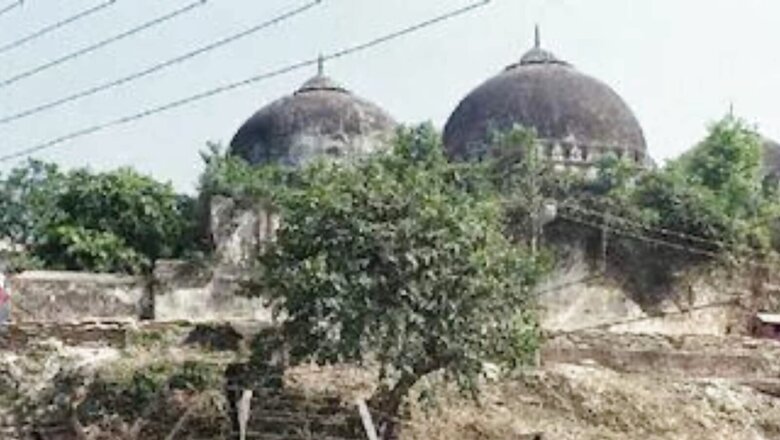
views
Ending decades-long legal battles regarding the Babri Masjid demolition, the Supreme Court on Tuesday ordered the closure of contempt proceedings against the state of Uttar Pradesh and others. Citing the 2019 verdict in the Ram Janmbhoomi-Babri Masjid land dispute case, a bench headed by Justice S K Kaul said that the contempt cases don’t survive.
“I appreciate your concern. But, now nothing survives in this matter,” Justice Kaul observed, adding, “You cannot keep whipping a dead horse.”
While closing the contempt proceedings, the bench observed that the matter ought to have come up for hearing earlier. The counsel appearing for the petitioner told the bench that the contempt plea was pending for a long and the petitioner had died in 2010. He informed that the petitioner had filed several applications for listing of the matter.
The bench noted in its order that the petitioner has passed away and the issue has been settled by a constitution bench in November 2019, news agency PTI reported.
Here’s a timeline of the events leading to the apex court’s verdict today:
December 6, 1992: A large crowd of people demolished the 16th-century Babri Mosque despite assurances from the Uttar Pradesh government to the Supreme Court the mosque will not be harmed.
December 12, 1992: The Narasimha Rao government set up the Liberhan Commission to probe the case.
October 1993: CBI took over the investigation in the case and filed a chargesheet against BJP leader LK Advani and several others for inciting people to pull down the Babri Mosque.
May 2001: A Special CBI court dropped proceedings against Advani, Joshi, Uma Bharti, Bal Thackeray and others.
November 2004: The CBI approached the Lucknow bench of Allahabad High Court challenging the quashing of proceedings against BJP leaders on technical grounds.
May 2010: The Allahabad High court dismissed the CBI’s plea, saying there is no merit in its revision petition.
September 2010: The High Court ruled three-way division of disputed area between Sunni Waqf Board, Nirmohi Akhara and Ram Lalla.
February 2011: The CBI moved the Supreme Court against high court order in the mosque demolition case.
May 2011: The Supreme Court stayed the High Court judgment in the Ayodhya land dispute.
February 2016: BJP leader Subramanian Swamy approached the Supreme Court for an urgent hearing to decide the title suit.
April 2017: The Supreme Court favoured time-bound completion of trial in the case and reserves order on CBI’s plea. The apex court also restored criminal conspiracy charge against Advani, Joshi and Uma Bharti.
November 2019: In a landmark verdict, the Supreme Court granted entire disputed land in Ayodhya to deity Ram Lalla, directed the government to allot an alternative five-acre plot for mosque in Ayodhya.
August 2020: PM Narendra Modi performed ‘bhoomi pujan’ at Ramjanmabhoomi Mandir site.
September 2020: Special Judge S K Yadav delivered verdict in the Babri mosque demolition case and acquitted all accused.
January 2021: A petition was filed by Ayodhya residents Haji Mahmood Ahmad and Syed Akhlaq Ahmad in the Allahabd High Court against the acquittal of all 32 accused, including L K Advani and Murli Manohar Joshi, in the Babri mosque demolition case.
August 2022: The Allahabad High Court allowed the Uttar Pradesh government and the CBI to file their objections to the maintainability of a criminal appeal against the acquittal of all 32 accused, including L K Advani and M M Joshi, in the Babri mosque demolition case. The HC fixed September 5 as the next date of hearing.
Read all the Latest News India and Breaking News here











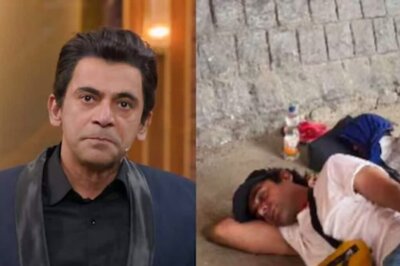

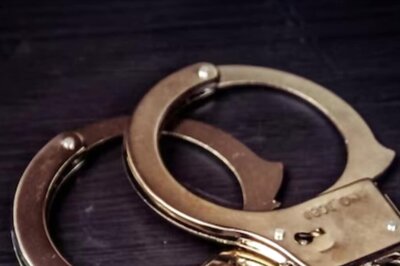

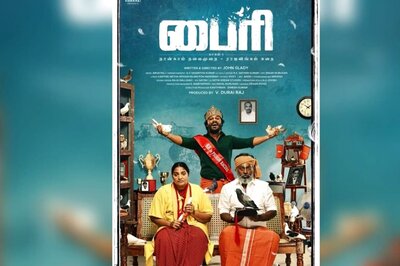
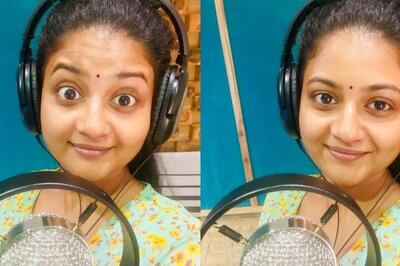

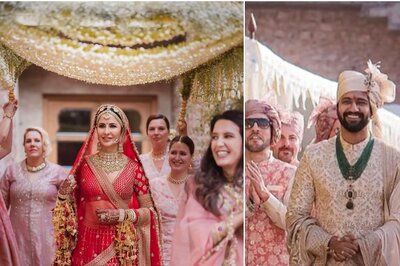
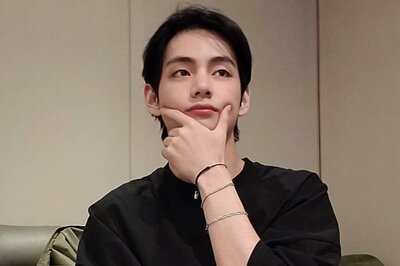
Comments
0 comment